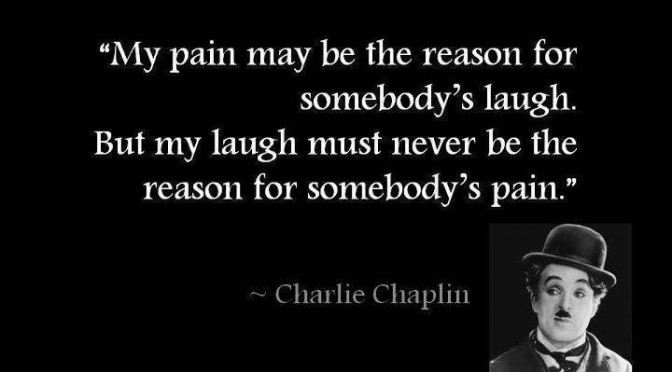Among the most famous sentences in the English language is found in the Declaration of Independence:
We hold these truths to be self-evident, that all men are created equal, that they are endowed by their creator with certain inalienable Rights, that among these are Life, Liberty and the pursuit of Happiness.
This came to mind when it was brought to my attention that Thomas Jefferson’s fuller understanding of liberty was forged in Paris when he served there prior to the French Revolution. This sent me looking up some quick information about what is really going on with this and what that phrase “Life, Liberty and the pursuit of Happiness” means.
So of course, I went to Wikipedia.
Origins of Liberty
What I found was what I thought I knew: that people have always taken this phrase in different ways: that people see “liberty” particularly in competing attributes. What was new to me was that I had always taken for granted John Locke’s influence and that Locke was to be read a certain way. Not terribly surprising to find that neither is necessarily true.
Perhaps the better understanding is the stew within which this concept was created. The elements that the colonists were rejecting in their own government, the elements the French were rejecting in theirs, and the pursuit of a new understanding of what it means to be human, as born out of the Enlightenment.
Libertarians have long argued for an extremely isolated personhood; therefore reading in the phrase the elevation of the rights of individuals over the needs to the state. Perhaps a more intellectually honest understanding comes from the process of the Enlightenment itself. That the people were enlightened to their role in the world and in their systems, and granted a certain responsibility to the just and equitable maintenance and transformation of those systems. This seems to be the dominant historical understanding of liberty here. It is similarly found in the French motto of about the same time: Liberté, égalité, fraternité (liberty, equality, fraternity).
This brings me to Oscar the Grouch.
We have become obsessed with the “liberty,” and some have become obsessed with the “life,” but it is the “pursuit of happiness” angle that has been ignored. Particularly as it has been traditionally understood as granting not only equality and freedom to but freedom from. I’ve written before that our current cultural moment has obsessed over the freedom to. The freedom to be an ass. The freedom to hurt others. The freedom to eat peanuts around my daughter, even though they could kill her. The freedom for Oscar the Grouch to be grouchy and ruin everyone’s day that strolls down Sesame Street. As opposed to the freedom from abuse; the freedom from pain, the freedom from danger, the freedom from manipulation.

Life, Liberty and the pursuit of Happiness is not about being an island and the freedom to destroy. As Oliver Wendell Holmes famously wrote
“The right to swing my fist ends where the other man’s nose begins.”
Freedom is not in abuse, but in liberation from abuse. It is found in delighting over our blessings and sharing our wealth with others. It is found in freedom from trickery and malice of corporate entities seeking to take advantage of our weakness, knowing instead security of place and protection from evil. Freedom is found in that great moment in Scripture in which Jesus not only raises a woman’s son from the dead, but condemns the Pharisees for not caring for her needs in the man’s death. They were condemned, not for following the laws (they did) but for maintaining a system that condemned the woman simply because her husband and son were dead.
We aren’t islands. Your personal liberty is entirely dependent on mine. Enlightened self-interest means disowning self-interest and preserving our neighbors. It is ubuntu, a Southern African philosophy, which means “I am what I am because of who we all are.” Sounds precisely like GOD’s dream for humanity.

Leave a Reply